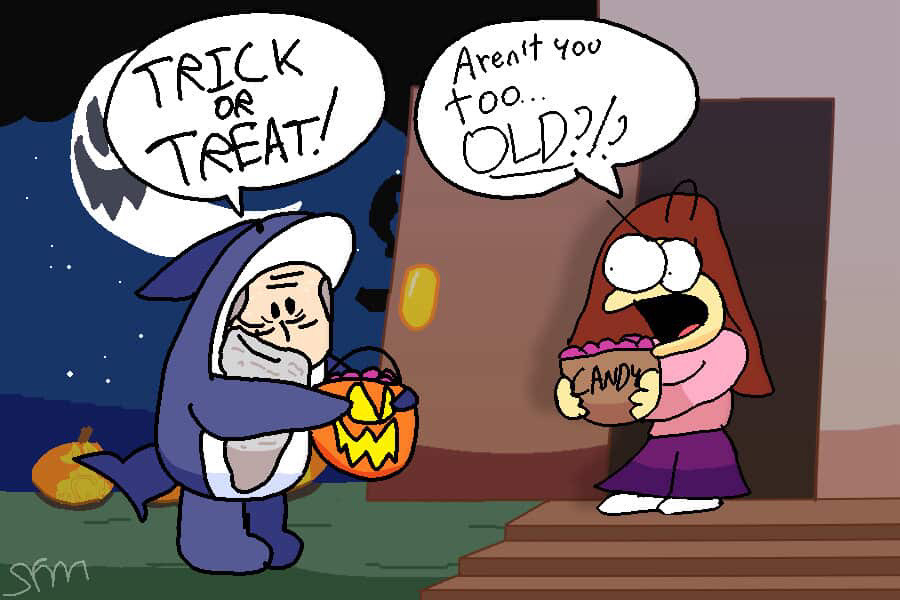Warning: Spoilers Ahead
By the time “The Summer I Turned Pretty” reached its third season, the show’s world of beach houses, tangled feelings and Taylor Swift music had become familiar enough to feel like a returning summer camp. Only now, everyone’s older, more exhausted, and somehow more self-aware. Season 3 picks up months after Season 2’s bittersweet ending, following Belly Conklin (Lola Tung) as she and Jeremiah Fisher (Gavin Casalegno) take their on-again, off-again relationship into “serious” territory. In Season 3, we see this relationship get seriously destroyed as Jeremiah cheats on Belly during spring break, which surprisingly ends with an apology and a marriage proposal, meaning an engagement no one asked for and a wedding no one can afford. Conrad Fisher (Christopher Briney), the quiet and brooding ex, still hovers like a ghost around every scene, proving that Cousins Beach may be endless, but closure is not.
Across its eleven hour-long episodes, the season follows a loose arc that somehow manages to feel both overstuffed and underwritten. The early episodes set up Jeremiah and Belly’s new life together—college classes, cake tastings and uncomfortable silences—and try to convince us that this relationship has matured. Midseason, side plots start multiplying. Belly’s best friend, Taylor, and Belly’s older brother, Steven, resume their on-again, off-again romance, but quickly hit another bump, when Steven almost dies in a car crash. Meanwhile, various parents deal with their own melodramas. By the time the show drags everyone to Paris for Belly’s leaving-the-altar crisis, it’s less coming of age and more coming apart. The season’s timeline starts with the majority of the episodes featuring the back and forth with Jermiah and Belly, before Conrad confesses his love to Belly on her wedding night, finally concluding with the last two episodes being just Conrad and Belly falling in love again. If that sounds like too much and too little, it’s because it is.
Yet, for all that chaos, almost nothing happens. The first five episodes could be condensed into two without losing a single meaningful beat. Every emotional moment feels stretched to twice its length; every montage works overtime to convince us of feelings the dialogue doesn’t quite sell. Watching this season sometimes feels like hitting “replay” on an old voicemail–pretty music, familiar tone and the same old conversation.
Jeremiah’s arc in particular, falls apart. The character, once soft and likable, is rewritten into someone almost unrecognizable–whiny, inconsistent and strangely smug. The writers make him so unbearable that it’s impossible to root for him or believe Belly’s feelings. His proposal, delivered right after his cheating is revealed, lands somewhere between tone-deaf and absurd. It’s meant to be romantic redemption, but it plays like emotional blackmail. It’s a shame because in a love triangle, you as a watcher are supposed to feel like Belly. You are supposed to be conflicted on choosing which brother is best. In this case, if Jeremiah is so insufferable—why would I want to continue watching at least eight episodes of him and Belly together? Here, he is a cautionary tale about how to ruin a character.
Conrad. Oh my , Conrad. That man is so whiny. He is supposed to be the emotionally-stable one. One thing is for sure: when it comes to Belly Conklin, he is an emotional wreck, and that’s not hot. I do feel for him in the show. iIt can’t be easy to go to your brother’s wedding to your ex, but the so called “yearning” and “jealousy” is not tolerable because we don’t spend much time with him and Belly, so it is hard to resonate with his random brooding and whines for his love for Belly. One thing that irked me out the most is his unexpected flight to Paris. When Belly has finally distanced herself and she is living her best life in Paris, he shows up. The show treats it like a Nicholas Sparks moment, but in real life, it’s the kind of story you’d tell your friends with a nervous and awkward laugh. For a season marketed as the Belly-and-Conrad chapter, they actually share very little screen time—two full episodes, maybe. Those moments, though rare, are the best the show has left: quiet, real and tinged with regret.
The rest of the runtime is stuffed with filler. There are scenes about chocolate mirror-glazed wedding cakes, dress fittings and philosophical debates over the meaning of love, in which two college students with part-time jobs plan a wedding ceremony that would bankrupt most adults. The whole plot of the season could have been dissolved if Belly and Jeremiah would wait a couple of years, which realistically would have been the best scenario. The more the season tries to sell this wedding, the more ridiculous it feels. By Episode 7, the show has traded intimacy for logistics. When the big emotional arguments revolve around $750 cake, it’s hard to take anything seriously.
Visually, it’s still beautiful. One thing about this show is that, visually, you feel transported into summer, like you can feel the sun rays hitting your face. The lighting is warm, the waves shimmer and the soundtrack continues to pull off small miracles. But cinematography can’t carry a story forever. You can’t score your way out of thin writing. The music swells, the camera pans and the dialogue collapses under the weight of its own repetition.The soundtrack makes this show more tolerable. From endless Taylor Swift songs to Noah Kahan and even KPop songs the soundtrack completely cuts to the emotion and vulnerability the characters face in that very scene, connecting the screen to the viewer even more.
What’s most disappointing is how much smaller Belly feels. She used to be a believable mist of heat and confusion, someone you rooted for even when she stumbles. Now she’s stuck in an endless loop of apologies and indecision, forever choosing between two brothers, which makes me hate how the show makes her love life her whole personality. The triangle once felt inevitable in the show, but now it feels like a trap for Belly.
There are flashes of the show’s former charms, such as Conrad finally expressing his grief or Steven being the only person with self awareness, but they are buried under subplots that lead nowhere. The pacing feels like a beach tide that never fully goes out, constantly retreating and returning to the same emotional shoreline. By the finale, what should have been closure feels like exhaustion. The rumored follow up movie adds to my confusion. If eleven hour-long episodes couldn’t wrap this story, what exactly is left to say?
“The Summer I Turned Pretty” Season 3 is undeniably pretty, but that’s where it stops. It’s a show still trying to convince itself that nostalgia is the same thing as storytelling. The lighting may be golden, but the magic is gone.
I give “The Summer I Turned Pretty” Season 3 five out of ten stars. It’s something good to watch while cleaning your room or falling asleep. It’s also a great reminder to not date brothers, in case you need it.


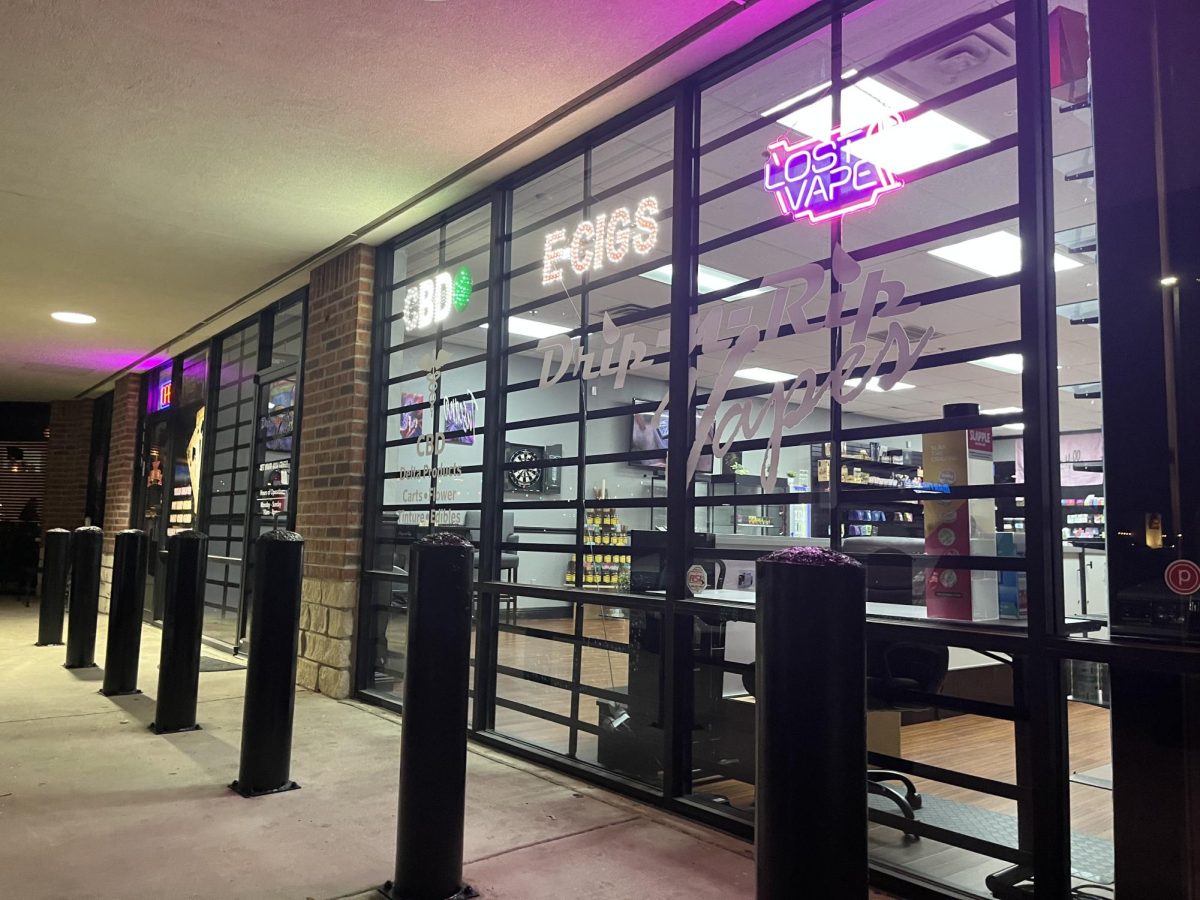
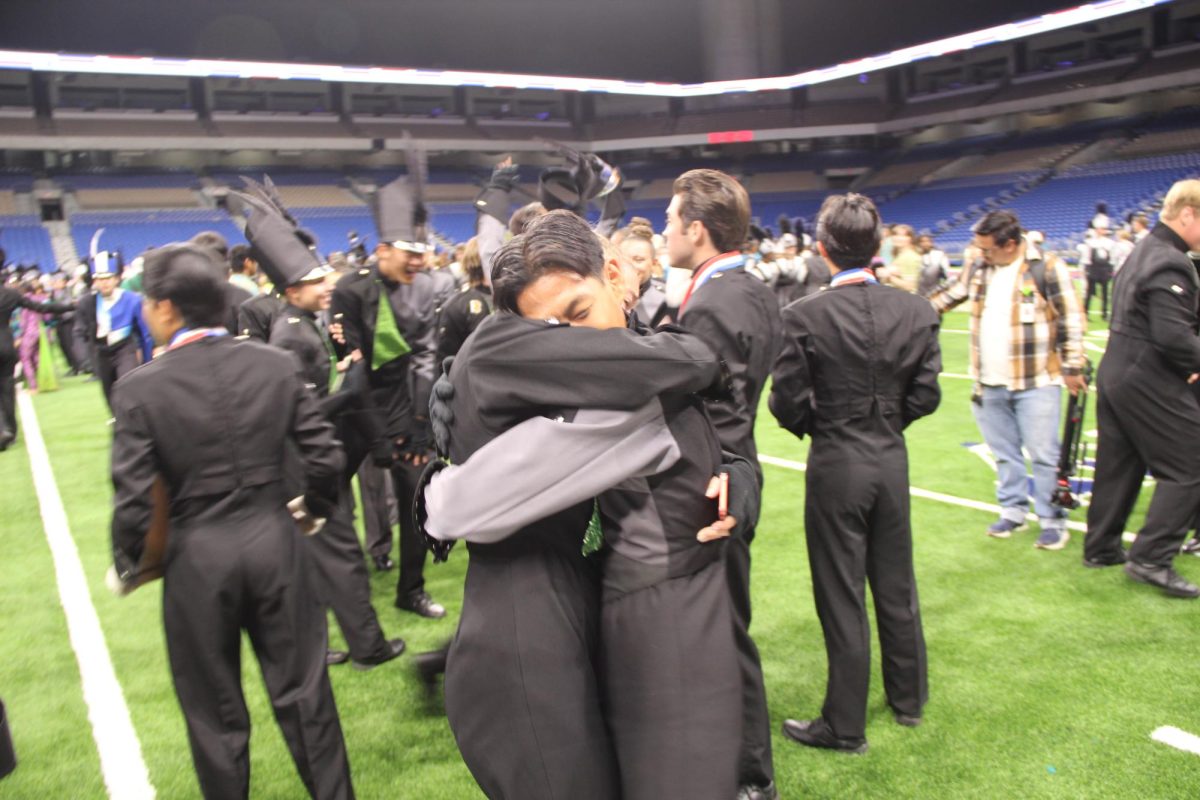
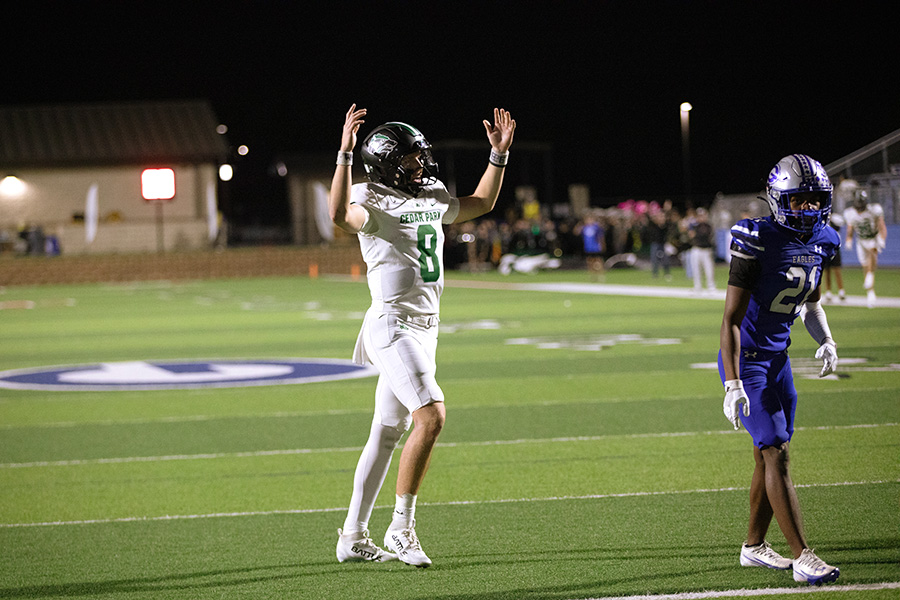

![Senior Jett Mckinney stores all the clothes in his own room, with half of it stored in his closet along with his personal clothes, and the rest taking up space in his room.
“There’s been times [when] there’s so much clothing stored here and it gets overwhelming, so I end up having to sleep somewhere else in the house,” Mckinney said.](https://cphswolfpack.com/wp-content/uploads/2025/11/DSC_0951-1200x800.jpg)



![Broadcast, yearbook and newspaper combined for 66 Interscholastic League Press Conference awards this year. Yearbook won 43, newspaper won 14 and broadcast took home nine. “I think [the ILPC awards] are a great way to give the kids some acknowledgement for all of their hard work,” newspaper and yearbook adviser Paige Hert said. “They typically spend the year covering everyone else’s big moments, so it’s really cool for them to be celebrated so many times and in so many different ways.”](https://cphswolfpack.com/wp-content/uploads/2025/05/edited-ILPC.jpg)




![Looking down at his racket, junior Hasun Nguyen hits the green tennis ball. Hasun has played tennis since he was 9 years old, and he is on the varsity team. "I feel like it’s not really appreciated in America as much, but [tennis] is a really competitive and mentally challenging sport,” Nguyen said. “I’m really level-headed and can keep my cool during a match, and that helps me play a bit better under pressure.” Photo by Kyra Cox](https://cphswolfpack.com/wp-content/uploads/2025/09/hasun.jpg)

![Bringing her arm over her head and taking a quick breath, junior Lauren Lucas swims the final laps of the 500 freestyle at the regionals swimming competition on date. Lucas broke the school’s 18-year-old record for the 500 freestyle at regionals and again at state with a time of 4:58.63. “I’d had my eye on that 500 record since my freshman year, so I was really excited to see if I could get it at regionals or districts,” Lucas said. “ State is always a really fun experience and medaling for the first time was really great. It was a very very tight race, [so] I was a bit surprised [that I medaled]. [There were] a lot of fast girls at the meet in general, [and] it was like a dogfight back and forth, back and forth.” Photo by Kaydence Wilkinson](https://cphswolfpack.com/wp-content/uploads/2025/03/Kaydence-2.7-23-edit-2.jpg)
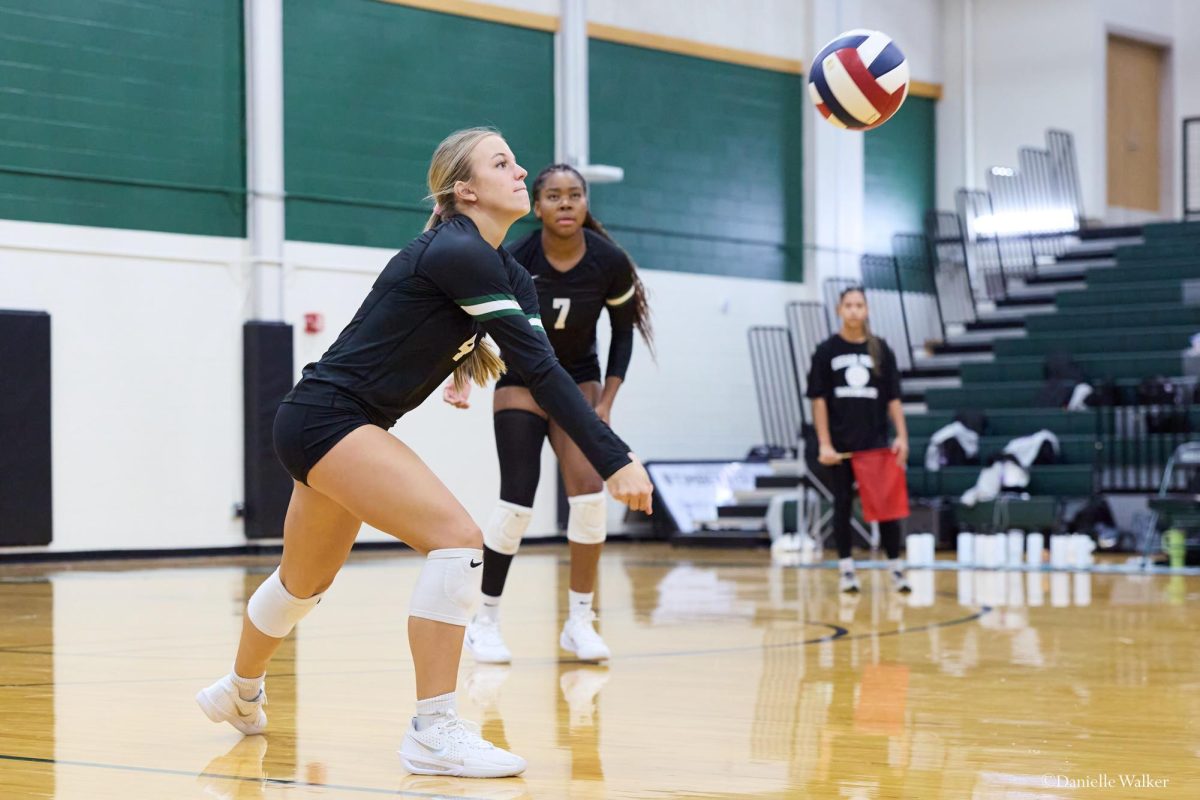

![As her hair blows in the wind, senior Brianna Grandow runs the varsity girls 5K at the cross country district meet last Thursday. Grandow finished fourth in the event and led the varsity girls to regionals with a third place placement as a team. “I’m very excited [to go to regionals],” Grandow said. “I’m excited to race in Corpus Christi, and we get to go to the beach, so that’s really awesome.” Photo by Addison Bruce](https://cphswolfpack.com/wp-content/uploads/2025/10/brianna.jpg)

